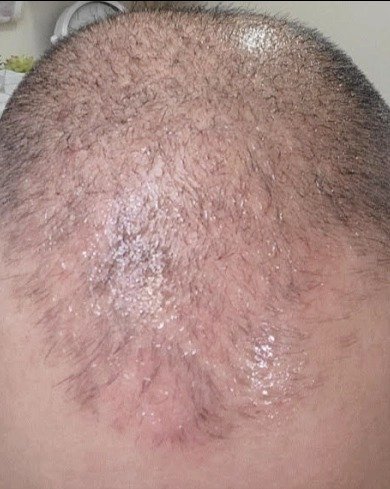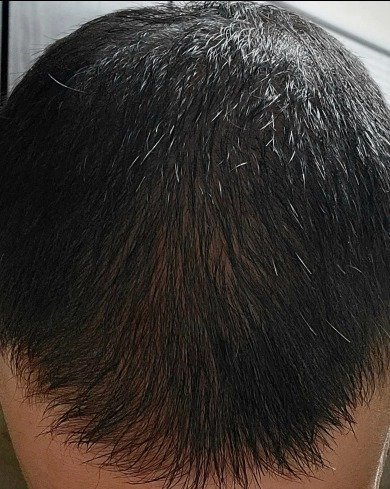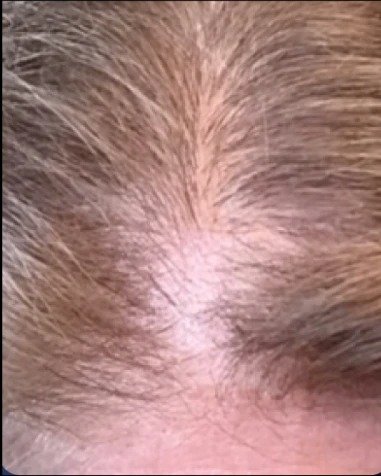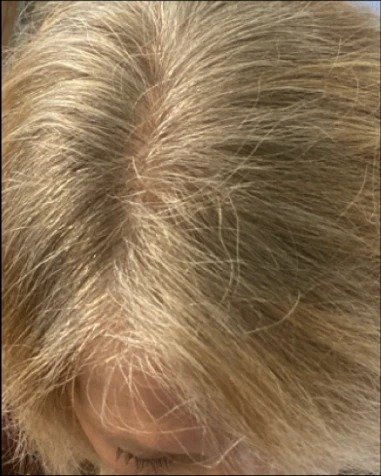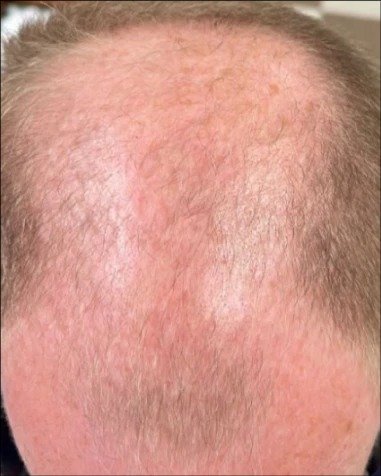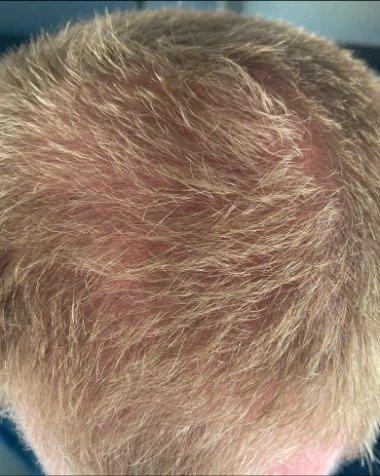Comprehensive Guide to Hair Loss Therapy: Effective Treatments and Solutions
Introduction to Hair Loss Therapy
Hair loss therapy is a crucial aspect of treating and managing hair thinning and baldness that affects millions of people worldwide. Hair loss, whether temporary or permanent, can significantly impact an individual's self-esteem and well-being. Understanding the various approaches to hair loss therapy is essential for those seeking to restore their hair and regain their confidence.
Types of Hair Loss
Before delving into hair loss therapy, it's important to understand the different types of hair loss:
- Androgenetic Alopecia: Also known as male or female pattern baldness, this type is the most common cause of hair loss and is influenced by genetic and hormonal factors.
- Telogen Effluvium: This type of hair loss occurs when there is a disruption in the normal hair growth cycle, often due to stress, illness, or hormonal changes.
- Alopecia Areata: An autoimmune condition where the immune system attacks hair follicles, leading to sudden hair loss in patches.
- Traction Alopecia: Hair loss caused by continuous pulling or tension on the hair, often due to certain hairstyles.
- Scarring Alopecia: Hair loss resulting from inflammatory skin conditions that destroy hair follicles and lead to scarring.
Causes of Hair Loss
Hair loss can be caused by a variety of factors, including:
- Genetics: Family history plays a significant role in androgenetic alopecia.
- Hormonal Changes: Pregnancy, menopause, thyroid disorders, and other hormonal imbalances can contribute to hair loss.
- Medical Conditions: Autoimmune diseases, infections, and chronic illnesses can cause hair loss.
- Medications: Certain medications, including chemotherapy, blood thinners, and antidepressants, can lead to hair loss.
- Nutritional Deficiencies: Lack of essential nutrients such as iron, biotin, and protein can affect hair health.
- Stress: Physical or emotional stress can trigger hair loss conditions like telogen effluvium.
Hair Loss Therapy: Treatment Options
Effective hair loss therapy often involves a combination of approaches tailored to the individual's needs. Here are some common therapies and treatments for hair loss:
Medications
Several medications are available to treat hair loss, including:
- Minoxidil: An over-the-counter topical solution that promotes hair growth and slows hair loss. It is applied directly to the scalp.
- Finasteride: A prescription oral medication that inhibits the hormone responsible for hair loss. It is commonly used in men with androgenetic alopecia.
- Spironolactone: A prescription medication used off-label for hair loss in women, particularly those with androgenetic alopecia.
- Corticosteroids: Injections or topical treatments that reduce inflammation and suppress the immune system, used in cases of alopecia areata.
Hair Transplant Surgery
Hair transplant surgery involves moving hair follicles from a donor area (usually the back of the scalp) to the thinning or balding areas. There are two main types of hair transplant procedures:
- Follicular Unit Transplantation (FUT): A strip of scalp is removed from the donor area, and individual hair follicles are transplanted to the recipient area.
- Follicular Unit Extraction (FUE): Individual hair follicles are extracted from the donor area and transplanted to the recipient area.
Low-Level Laser Therapy (LLLT)
LLLT is a non-invasive treatment that uses red light to stimulate hair follicles and promote hair growth. It is often used in combination with other treatments like minoxidil and finasteride.
Platelet-Rich Plasma (PRP) Therapy
PRP therapy involves injecting concentrated platelets from the patient's own blood into the scalp. The growth factors in PRP can stimulate hair follicles and promote hair growth.
Nutritional Supplements
Nutritional supplements that contain vitamins and minerals essential for hair health can support hair growth and reduce hair loss. Key nutrients include biotin, iron, zinc, and vitamin D.
Lifestyle and Home Remedies
In addition to medical treatments, certain lifestyle changes and home remedies can support hair loss therapy:
- Healthy Diet: Consuming a balanced diet rich in vitamins, minerals, and proteins can promote hair health.
- Gentle Hair Care: Avoiding excessive heat, chemical treatments, and tight hairstyles can reduce hair damage and loss.
- Stress Management: Practicing stress-reducing activities such as yoga, meditation, and exercise can help prevent stress-related hair loss.
- Scalp Massage: Regular scalp massages can increase blood flow to the hair follicles and promote hair growth.
Seeking Professional Help for Hair Loss Therapy
If you are experiencing significant hair loss, it's important to seek professional help. A healthcare provider or dermatologist can conduct a thorough evaluation, identify underlying causes, and develop a personalized treatment plan. In some cases, a referral to a hair loss specialist may be necessary.
Conclusion
Hair loss therapy is a multifaceted approach that requires a combination of medical treatments, lifestyle changes, and home remedies. Understanding the underlying causes of hair loss and implementing the right therapy can lead to significant improvements in hair health and appearance. If you are experiencing persistent hair loss, don't hesitate to seek professional help and explore the various hair loss therapy options available.
For more information on hair loss therapy and how to improve your hair health, visit our website or contact a hair loss specialist near you.
Combat hair loss with proven, personalized treatments. Our experts specialize in cutting-edge solutions to promote hair regrowth and scalp health. Start your journey to thicker, fuller hair and restore your confidence with our targeted approach.









